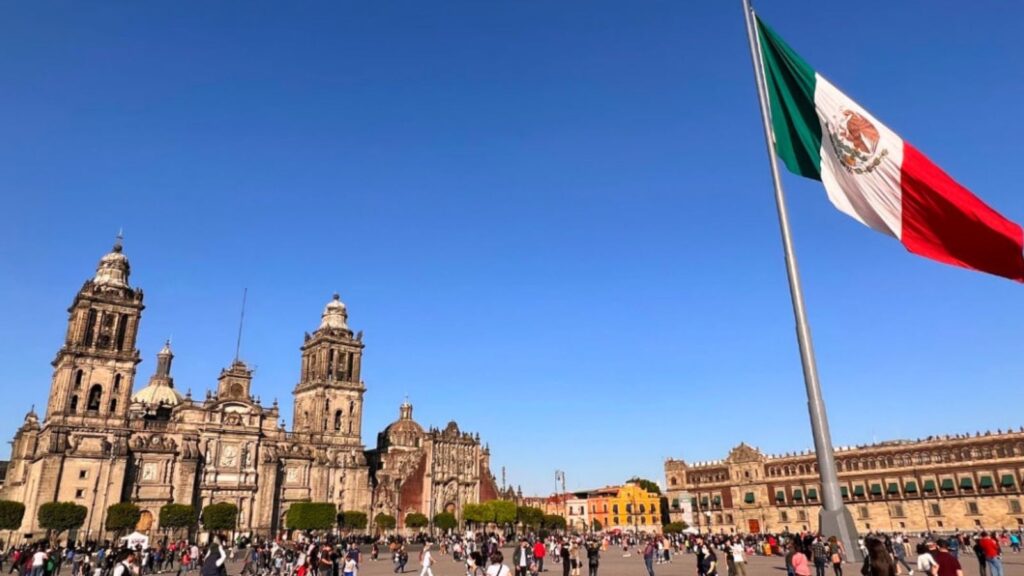When planning your trip to the Caribbean and Latin American destinations, it’s crucial to know about mandatory vaccinations.
In many regions, vaccinations for diseases like Hepatitis A and B, Yellow Fever, and Typhoid are not just recommended but required.
This helps ensure you stay healthy and enjoy your travels.
Have you checked your vaccination list before booking that flight?
Key Takeaways
- Certain destinations in the Caribbean and Latin America require specific vaccines.
- Being vaccinated protects your health and public safety.
- Know the mandatory vaccinations before traveling.
Understanding Mandatory Vaccinations and Regional Health Concerns
Mandatory vaccinations play a crucial role in controlling preventable diseases and improving public health.
This is vital in regions like Latin America and the Caribbean, where healthcare challenges can impact vaccine distribution and coverage.
The Role of Vaccinations in Public Health
Vaccinations are essential in preventing the spread of infectious diseases.
They save millions of lives each year by providing immunity against illnesses like polio, measles, and diphtheria-tetanus-pertussis (DTP3).
By getting vaccinated, you not only protect yourself but also contribute to herd immunity, especially for those who are vulnerable.
Programs aimed at increasing vaccination rates address childhood immunization and target diseases prevalent in different regions.
Efforts by organizations like UNICEF and the World Health Organization (WHO) help ensure children receive necessary vaccines despite the challenges.
Regional Focus: Latin America and the Caribbean
Latin America and the Caribbean have faced a significant drop in childhood vaccination rates. Once boasting some of the world’s highest numbers, the region now struggles with maintaining coverage.
Factors contributing to this include vaccine hesitancy, political instability, and natural disasters that disrupt healthcare infrastructure.
During the COVID-19 pandemic, public health messaging became crucial.
There was a specific push to reduce vaccine hesitancy, yet acceptance varies.
Efforts to improve vaccination rates involve addressing these diverse challenges and implementing more robust public health strategies.
Vaccine-Preventable Diseases and Outbreaks
In recent years, there have been concerning outbreaks of measles and polio in regions previously declared disease-free.
Lower vaccination coverage has resulted in the resurgence of these diseases. This highlights the need for continuous vaccination efforts to prevent such outbreaks.
As such, programs targeting diseases like DTP3 are vital. They aim to cover as many children as possible, reducing morbidity and mortality.
Effective vaccination campaigns ensure that disease transmission is minimized and communities remain healthy.

If you’re a traveler, ensure that you have the necessary vaccines for LatAm destinations. Consult your local travel health clinic for the best advice.
Health Care Infrastructure and Vaccine Distribution
Effective vaccine distribution relies on solid healthcare infrastructure.
In many regions of Latin America and the Caribbean, this is a challenge due to limited resources, political corruption, and geographic barriers.
Instability and violence further hinder the consistent delivery of vaccines.
Improving healthcare infrastructure involves better logistics, increased funding, and international support.
Organizations like UNICEF play a significant role in ensuring vaccine supplies reach even the most remote areas.
Ensuring strong health systems is key to achieving high vaccination coverage and protecting public health.
Impact and Implementation of Vaccination Policies
Mandatory vaccination policies are critical in maintaining public health and safety, particularly in regions with diverse healthcare challenges.
These policies not only protect individuals from life-threatening diseases but also help to sustain overall community health and economic stability.
Mandatory Vaccination Policies for Travelers
If you’re planning a trip to Caribbean and Latin American destinations, many countries require certain vaccinations.
These may include vaccines for Hepatitis A, Typhoid, Mumps, Rubella, Tdap, and Influenza.
Such policies are especially important in regions with high tourist traffic like Barbados and Jamaica.
The goal is to prevent the spread of infectious diseases, ensuring both travelers and local populations stay healthy.
Local Responses and Vaccination Coverage
Local responses to vaccination policies vary.
Caribbean islands like Barbados have high vaccination coverage, thanks to robust primary health care services supported by organizations like PAHO and UNICEF.

However, in some areas of Central America, reaching vulnerable groups like indigenous and Afro-descendant children remains a challenge.
Health workers play an essential role in high vaccination rates by gaining public trust and boosting vaccine demand.
Addressing Vaccine Hesitancy and Misinformation
Vaccine hesitancy remains a significant barrier.
Education and clear communication from trusted health workers are crucial.
In the Caribbean and Latin America, misinformation can spread quickly, often affecting communities’ willingness to get vaccinated.
Countries like Belize and Jamaica are investing in public awareness campaigns and education to fight skepticism and improve vaccination rates.
Vaccinations’ Impact on Communities and Economies
Vaccinations help reduce outbreaks of diseases and prevent long-term public health crises. When fewer people get sick, communities thrive. Schools and businesses can operate normally.
Funding for vaccines is an investment in your community’s future. For instance, high DTP3 (Diphtheria, Tetanus, and Pertussis) coverage is linked to better overall health in both children and the elderly, fostering economic growth and stability.



